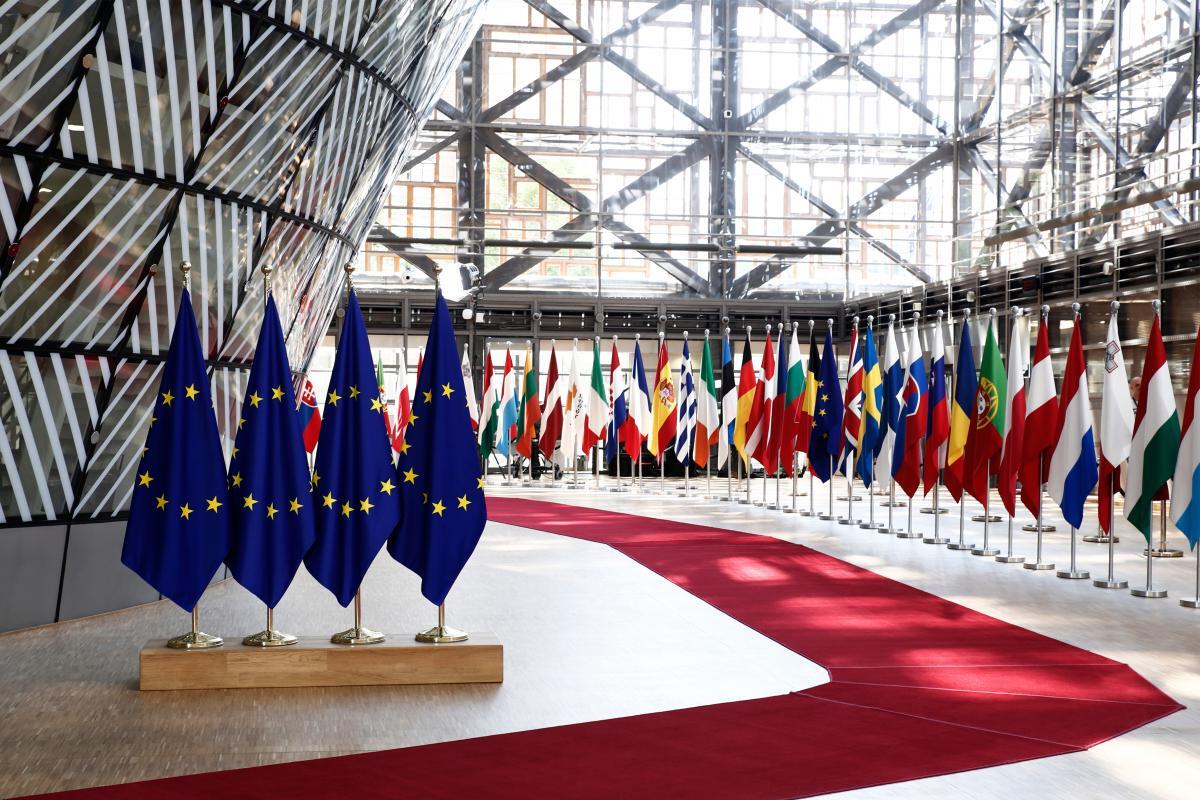
Curious about the European Union? You're in the right place! The EU is a unique political and economic partnership involving 27 European countries. It began after World War II to foster economic cooperation, with the idea that countries that trade together are less likely to go to war. The EU has its own currency, the euro, used by 19 of the member countries. It operates through a system of supranational institutions and intergovernmental-negotiated decisions by the member states. From the European Parliament to the European Central Bank, the EU influences many aspects of daily life, including travel, trade, and even mobile phone charges. Ready to learn more? Let's dive into 25 fascinating facts about the European Union!
Formation and Structure
The European Union (EU) is a unique political and economic union between European countries. Here are some intriguing facts about its formation and structure.
-
The EU was established by the Maastricht Treaty in 1993, aiming to integrate European economies and political systems.
-
It started with six founding members: Belgium, France, Germany, Italy, Luxembourg, and the Netherlands.
-
Today, the EU has grown to include 27 member countries, each contributing to the union's policies and decisions.
-
The EU has its own parliament, the European Parliament, which is directly elected by EU citizens every five years.
-
The European Commission acts as the executive branch, proposing legislation and implementing decisions.
-
The Council of the European Union represents member states' governments, playing a key role in decision-making.
Economy and Currency
The EU's economic policies and the euro have significantly impacted global markets. Let's explore some key facts about its economy and currency.
-
The EU is the world's second-largest economy, with a GDP of over $15 trillion.
-
The euro, introduced in 1999, is the official currency of 19 out of the 27 EU member countries, known as the Eurozone.
-
The European Central Bank (ECB) manages the euro and sets monetary policy for the Eurozone.
-
The EU has a single market, allowing goods, services, people, and capital to move freely across member states.
-
The EU's Common Agricultural Policy (CAP) supports farmers and ensures food security within the union.
Policies and Regulations
The EU has implemented numerous policies and regulations to ensure the well-being of its citizens and the environment. Here are some notable examples.
-
The EU's General Data Protection Regulation (GDPR) protects citizens' personal data and privacy.
-
The EU Emissions Trading System (ETS) is the world's largest carbon market, aiming to reduce greenhouse gas emissions.
-
The EU has strict food safety regulations, ensuring high standards for food products sold within the union.
-
The EU's Erasmus+ program promotes education, training, and youth exchanges across member states.
Social and Cultural Impact
The EU has a significant influence on social and cultural aspects of life in Europe. Here are some interesting facts about its impact.
-
The EU promotes multilingualism, recognizing 24 official languages and supporting language learning initiatives.
-
The EU has a Charter of Fundamental Rights, guaranteeing citizens' rights and freedoms.
-
The EU supports cultural projects through programs like Creative Europe, fostering artistic collaboration and innovation.
-
The EU has a Schengen Area, allowing passport-free travel between 26 European countries.
-
The EU celebrates Europe Day on May 9th, commemorating the Schuman Declaration, which proposed the creation of the European Coal and Steel Community, a precursor to the EU.
Challenges and Achievements
The EU has faced numerous challenges but has also achieved significant milestones. Here are some key facts about its journey.
-
The EU has faced economic crises, such as the 2008 financial crisis and the Eurozone debt crisis, but has implemented measures to stabilize its economy.
-
Brexit marked a significant event in EU history, with the United Kingdom leaving the union in 2020.
-
The EU has played a crucial role in promoting peace and stability in Europe, earning the Nobel Peace Prize in 2012.
-
The EU has been a leader in climate action, committing to becoming climate-neutral by 2050 through the European Green Deal.
-
The EU has expanded its influence globally, forming trade agreements with countries and regions worldwide, promoting economic growth and cooperation.
The European Union's Impact
The European Union has shaped the continent in countless ways. From economic policies to cultural exchanges, its influence is undeniable. The EU's single market allows for the free movement of goods, services, people, and capital, boosting trade and economic growth. Its commitment to human rights and environmental protection sets a global standard. The euro, used by 19 of the 27 member countries, simplifies travel and commerce.
Education programs like Erasmus+ enable students to study abroad, fostering a sense of unity and shared identity. The EU also plays a crucial role in global politics, often acting as a mediator in international conflicts. Despite challenges like Brexit and economic disparities among member states, the EU remains a powerful force for peace and cooperation. Understanding these facts helps appreciate the EU's role in shaping a better future for Europe and beyond.
Was this page helpful?
Our commitment to delivering trustworthy and engaging content is at the heart of what we do. Each fact on our site is contributed by real users like you, bringing a wealth of diverse insights and information. To ensure the highest standards of accuracy and reliability, our dedicated editors meticulously review each submission. This process guarantees that the facts we share are not only fascinating but also credible. Trust in our commitment to quality and authenticity as you explore and learn with us.


